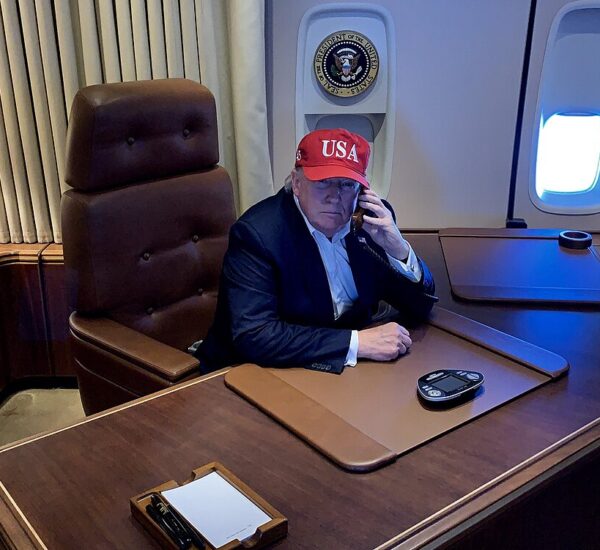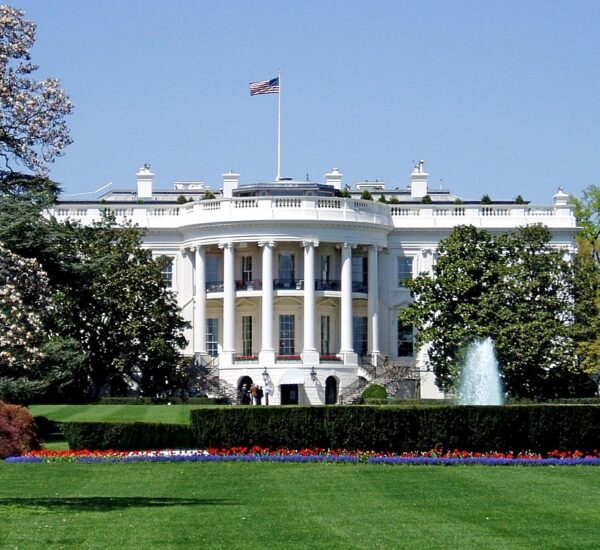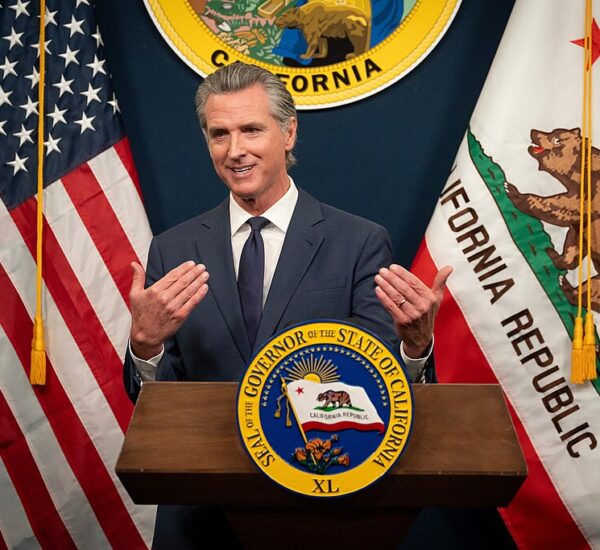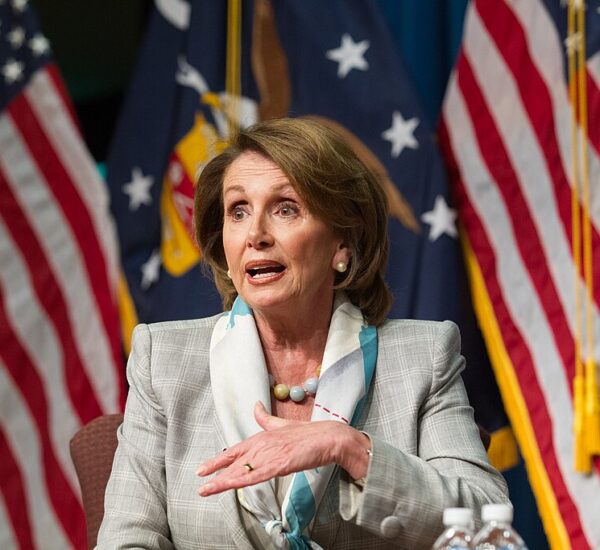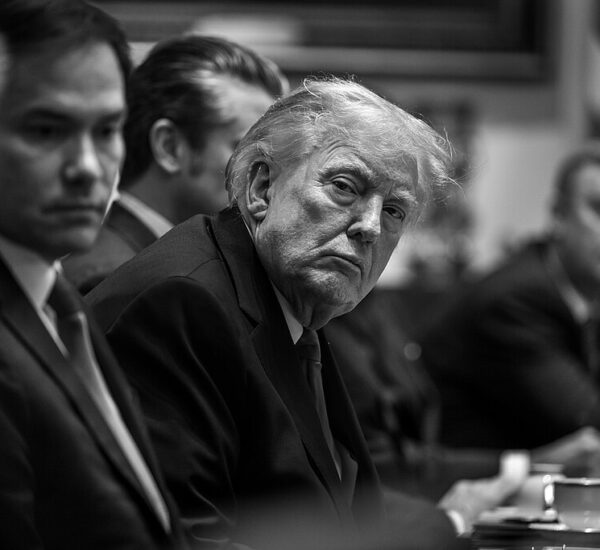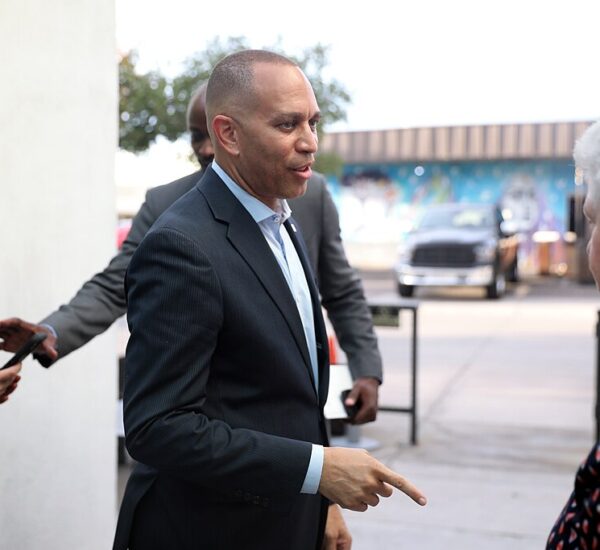Iran Fires Back At Trump
Iran’s Supreme Leader, Ayatollah Ali Khamenei, has sharply rejected President Trump’s proposal for renewed nuclear talks, claiming the initiative is merely a pretext for the U.S. to impose additional demands on Iran and limit its military capabilities. In a recent statement, Khamenei accused coercive governments, like the U.S., of using negotiations not as a genuine attempt to resolve issues, but as a tool to assert dominance and force countries into submission.
“Some governments insist on talks, but their goal is not to resolve problems. It is to impose their will on others,” Khamenei stated. He emphasized that Iran would not bend to any new demands made by foreign powers, reiterating that Tehran will not entertain what he described as unjust impositions on its sovereignty.
The dispute escalated when President Trump, during an interview with Fox News, revealed he had sent a letter to Khamenei, urging him to negotiate. Trump made it clear that while he preferred diplomacy, the U.S. was prepared to take military action if necessary. He warned that failure to negotiate could lead to a disastrous conflict, stating, “If we have to go in militarily, it’s going to be a terrible thing.”
Khamenei responded by pointing to the U.S.’s repeated demands, such as restrictions on Iran’s defense capabilities, limitations on missile range, and interference with Iran’s diplomatic relations. He questioned how anyone could accept such conditions, though he did not confirm whether or not he had received Trump’s letter.
The U.S. and Israel have long maintained that Iran must not be allowed to develop nuclear weapons. Despite Iran’s insistence that its nuclear program is for peaceful purposes, concerns persist as Tehran enriches uranium to levels close to those needed for a bomb. Iranian officials have warned that they may pursue nuclear weapons if the country faces an existential threat.
Trump, however, remains hopeful for a peaceful resolution. In a post on Truth Social, he reiterated his stance that Iran should never acquire a nuclear weapon and that he preferred a “Verified Nuclear Peace Agreement.” He expressed optimism about the potential for peaceful negotiations and the prosperity that could follow such a deal. Trump’s decision to pull the U.S. out of the Obama-era nuclear deal in 2018 and order the strike on Iranian general Qasem Soleimani marked a decisive shift in U.S. policy, underscoring his commitment to preventing Iran from becoming a nuclear power.
As tensions continue to mount, the path forward remains uncertain, but it is clear that President Trump remains focused on holding Iran accountable while seeking a peaceful resolution that benefits not just the U.S. but the stability of the entire Middle East.

